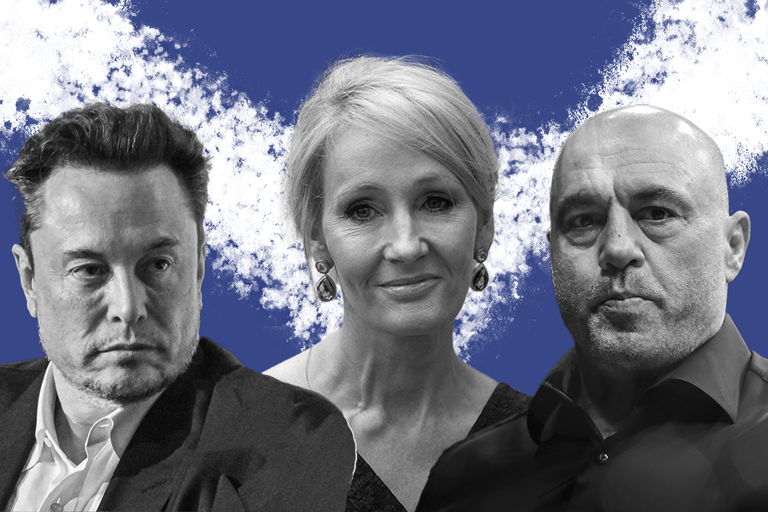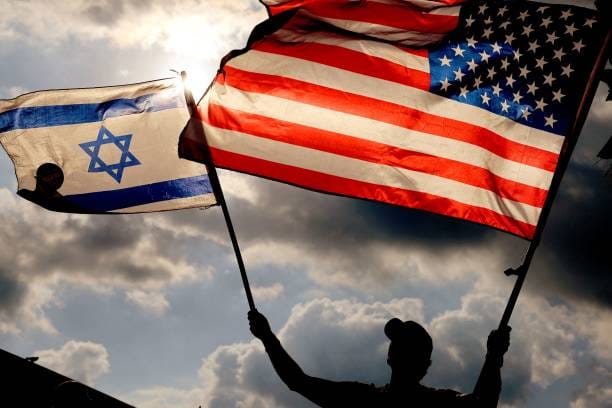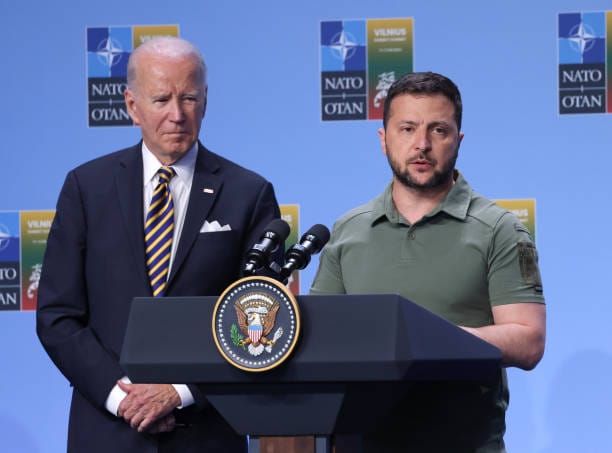How Scotland’s Controversial Hate Crime Law Triggered J.K. Rowling, Joe Rogan, and Elon Musk

In a legal shake-up that has reverberated far beyond Scotland’s borders, the controversial hate crime law has ignited fierce debates over freedom of speech, transgender rights, and the boundaries of acceptable discourse.
High-profile figures, including Harry Potter author J.K. Rowling, podcast titan Joe Rogan, and tech magnate Elon Musk, have all weighed in on this contentious issue. Scotland’s existing laws already protect against hate crimes based on race, disability, religion, sexual orientation, and transgender identity. However, the Scottish government, led by the pro-independence Scottish National Party, deemed these protections insufficient.
The new Hate Crime and Public Order (Scotland) Act 2021 introduces a fresh offense: “stirring up hatred” against groups with protected characteristics, including age. This echoes a similar provision in the 1965 racial hatred law. Under the new law, anyone behaving in a manner that a “reasonable person” would consider “threatening or abusive” toward an individual with the intent to “stir up hatred” against a protected group could face up to seven years in prison. Advocates argue that this bar is even higher than the existing racism law, which sees few prosecutions. J.K. Rowling, renowned author of the beloved Harry Potter series, thrust herself into the heart of the debate. In an 11-tweet social media thread, she deliberately misgendered ten transgender women, challenging Scottish police to arrest her.
Her actions came as the new law took effect, sparking outrage and support in equal measure. Rowling’s stance centers on concerns about free speech and the implications for discussions surrounding women’s rights and biological sex. She is not alone in her critique. During a recent podcast episode, Joe Rogan, the world’s most popular podcaster, questioned Scotland’s targeting of comedians with hate crime laws. His guest echoed the sentiment, highlighting the potential threat to free speech. With over 2.5 million views on YouTube, Rogan’s commentary amplified the global conversation. Elon Musk, the billionaire entrepreneur behind X (formerly Twitter), joined the fray. Responding to a post about police targeting comedians and actors under the new law, Musk tweeted, “An example of why it is so important to preserve freedom of speech.” His message resonated with millions, emphasizing the delicate balance between safeguarding minority rights and protecting open dialogue. As Scotland grapples with the fallout from its hate crime law, the world watches.
The clash between protecting vulnerable communities and upholding free expression remains unresolved. In this charged atmosphere, the voices of Rowling, Rogan, and Musk echo the broader struggle for civil liberties.



